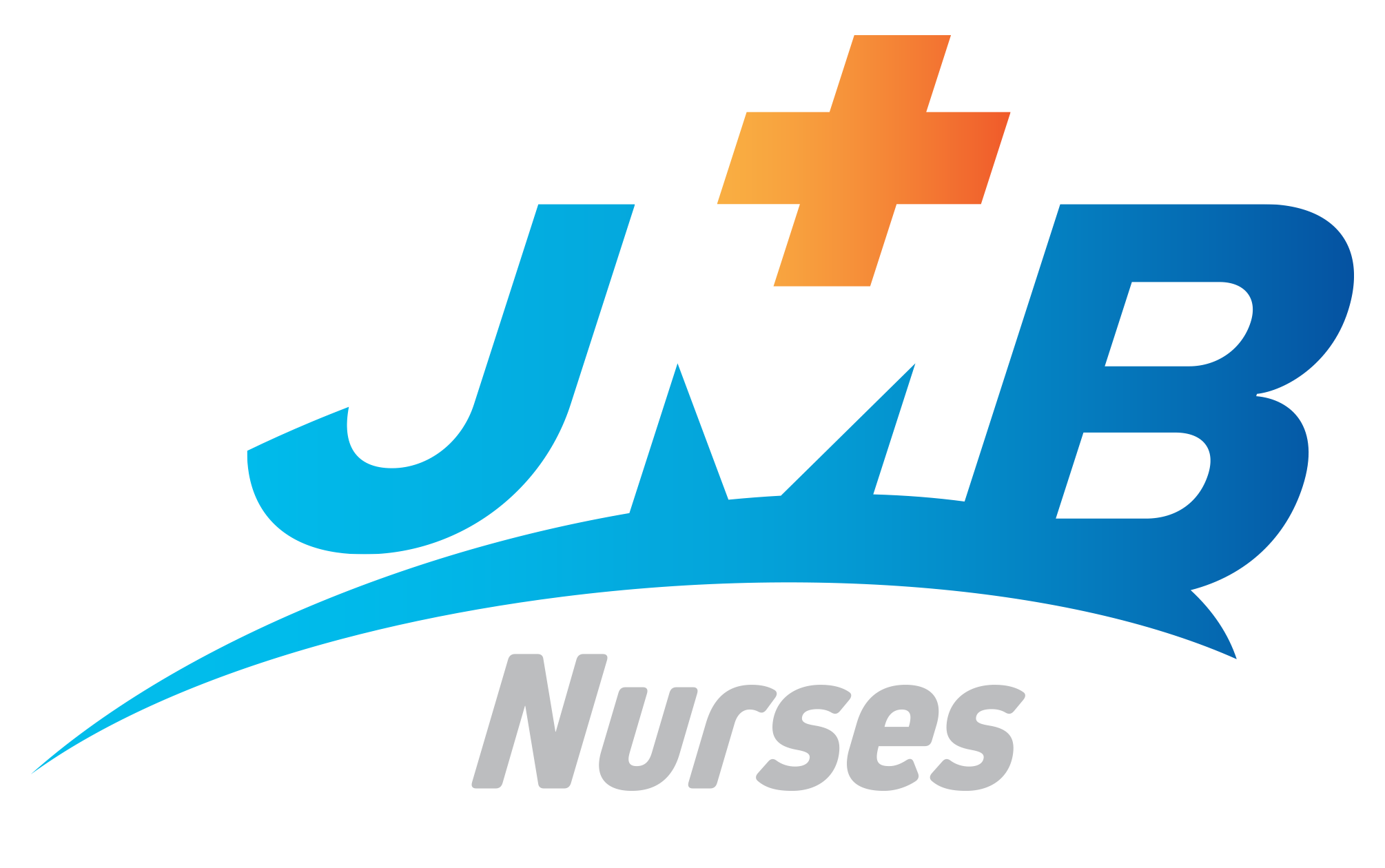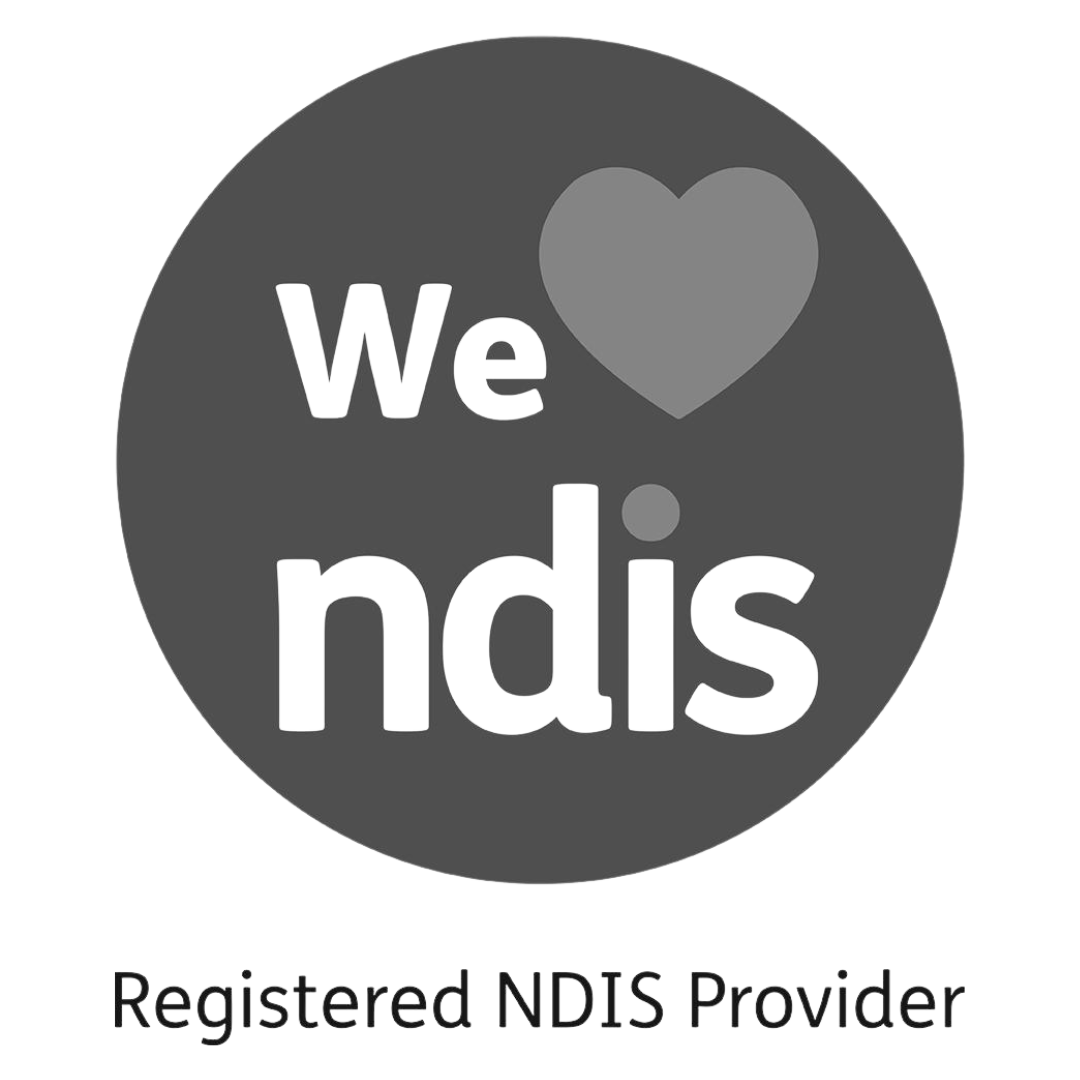The Ins and Outs of Nursing Jobs in the Sydney Healthcare Sector
Nursing is one of the most critical fields in the healthcare sector, and Sydney is no exception. As the most populous city in Australia, Sydney’s healthcare industry is vast, complex, and constantly evolving. This article will provide you with a comprehensive overview of nursing jobs in Sydney, including the different types of roles available, the benefits and challenges of working as a nurse, and tips for finding and securing a nursing job in the Sydney healthcare sector.
Understanding the Sydney Healthcare Sector
The Sydney healthcare sector is a vast and intricate network of public and private hospitals, community health centres, specialised clinics, and research institutions. It is a vital part of the city’s economy and a significant contributor to the country’s healthcare industry. The sector is responsible for providing medical care and support to the residents of Sydney and the surrounding areas.
The healthcare sector in Sydney is known for its high-quality services and state-of-the-art facilities. The sector has a reputation for being at the forefront of medical research and innovation, with many of its institutions and hospitals leading the way in the development of new treatments and technologies.
Key players in the Sydney healthcare industry
There are several key players in the Sydney healthcare industry, including Sydney Local Health District, Western Sydney Local Health District, and South Eastern Sydney Local Health District. These public health districts are responsible for providing healthcare services to the residents of their respective areas. They operate hospitals, community health centres, and clinics, and are responsible for the management and delivery of healthcare services.
Additionally, some of the leading private hospital groups in Sydney include Ramsay Health Care, Healthscope, and St. Vincent’s Private Hospital. These private hospitals offer a range of medical services and treatments, including surgical procedures, diagnostic tests, and rehabilitation services.
Growth trends and opportunities in Sydney healthcare
There are several growth trends and opportunities in the Sydney healthcare sector. According to the Department of Jobs and Small Business, employment opportunities for registered nurses in Sydney were expected to grow by 8.8% between 2018 and 2023. This growth is attributed to the ageing population and increasing prevalence of chronic diseases, which are creating a higher demand for nursing professionals in Sydney’s healthcare sector.
In addition to nursing, there are several other areas of the healthcare sector that are experiencing growth and demand. These include medical research, healthcare administration, and allied health professions such as physiotherapy, occupational therapy, and speech therapy. The demand for these professions is expected to increase in the coming years, creating new opportunities for healthcare professionals in Sydney.
Overall, the Sydney healthcare sector is a dynamic and growing industry that plays a vital role in the health and wellbeing of the city’s residents. With its high-quality services, state-of-the-art facilities, and commitment to innovation, the sector is well-positioned for continued growth and success in the years to come.
Types of Nursing Jobs in Sydney
When it comes to nursing jobs, Sydney has a lot to offer. From hospital-based roles to community care, specialised fields, and research positions, there are plenty of opportunities for nurses to grow and develop their careers. Let’s take a closer look at some of the most common nursing roles in Sydney.
Hospital-based nursing roles
Hospital-based nursing roles are highly valued in Sydney’s healthcare sector. These roles require nurses to work in fast-paced, acute care settings, such as emergency departments, intensive care units, and operating rooms. Nurses in these roles must be able to provide high-quality care and treatment to patients with a range of medical conditions. Some of the most common hospital-based nursing roles in Sydney include emergency nurses, critical care nurses, medical-surgical nurses, and more.
Emergency nurses are responsible for providing immediate care to patients who are experiencing a medical emergency. They must be able to quickly assess the patient’s condition, provide life-saving interventions, and coordinate with other healthcare professionals to ensure the patient receives the best possible care.
Critical care nurses work in intensive care units, where they care for patients who are critically ill or injured. They must be able to monitor patients closely, administer medications and treatments, and respond quickly to changes in the patient’s condition.
Medical-surgical nurses work in a variety of settings, including hospitals, clinics, and outpatient centres. They care for patients who are undergoing medical procedures or surgeries, and they must be able to provide comprehensive care before, during, and after the procedure.
Community and home care nursing
Community and home care nursing roles are ideal for nurses who prefer a more flexible and autonomous work environment. These roles involve providing care and support to patients in their homes, long-term care facilities, and community health centres. Nurses in these roles must be able to work independently, manage their own schedules, and provide high-quality care to patients with a range of medical needs.
Community health nurses work in a variety of settings, including schools, community centres, and public health clinics. They focus on promoting health and preventing illness in the community, and they often work with vulnerable populations, such as children, the elderly, and those with chronic illnesses.
Home care nurses provide care and support to patients who are recovering from illness or injury, or who require ongoing medical care in their homes. They must be able to work independently, manage complex medical equipment, and provide emotional support to patients and their families.
Specialised nursing fields
Specialised nursing fields require advanced education and training, and they often involve working in specialised care units, research institutions, and educational institutions. Nurses in these roles must have a deep understanding of their area of specialisation, and they must be able to provide high-quality care to patients with complex medical needs.
Psychiatric nurses work with patients who have mental health disorders, such as depression, anxiety, and schizophrenia. They must be able to provide emotional support, administer medications, and coordinate with other healthcare professionals to ensure the patient receives the best possible care.
Oncology nurses work with patients who have cancer, providing care and support throughout the treatment process. They must be able to manage complex treatments, such as chemotherapy and radiation therapy, and provide emotional support to patients and their families.
Paediatric nurses specialise in caring for children, from newborns to adolescents. They must have a deep understanding of child development, and they must be able to provide age-appropriate care and support to children with a range of medical needs.
Nursing education and research roles
Nursing education and research roles are ideal for nurses who are interested in a more academic and research-oriented career path. These roles involve teaching and mentoring aspiring nursing professionals, conducting research and clinical trials, and contributing to the development of the nursing profession in Sydney.
Nurse educators work in colleges, universities, and vocational schools, teaching the next generation of nurses. They must have a deep understanding of nursing theory and practice, and they must be able to communicate complex concepts to students in a way that is engaging and effective.
Nurse researchers work in a variety of settings, including hospitals, universities, and research institutions. They conduct research studies to improve patient outcomes, develop new treatments and interventions, and advance the nursing profession as a whole.
As you can see, there are many different types of nursing jobs in Sydney, each with its own unique challenges and rewards. Whether you are interested in hospital-based care, community health, specialised fields, or nursing education and research, there is a nursing role in Sydney that is right for you.
The Benefits of Working as a Nurse in Sydney
Working as a nurse in Sydney comes with several benefits that make it an attractive career option for healthcare professionals. In addition to the competitive salaries and benefits, there are several other advantages to working as a nurse in Sydney.
Competitive Salaries and Benefits
One of the primary benefits of working as a nurse in Sydney is the competitive salaries and benefits. Nurses in Sydney enjoy a range of benefits, including health insurance, retirement savings plans, paid time off, and more. These benefits help to ensure that nurses are well-compensated for their work and have access to the resources they need to support their families and pursue their personal goals.
Opportunities for Professional Growth
Sydney’s healthcare sector offers several opportunities for professional growth and advancement. Nurses can pursue further education and training, specialise in a particular field, and even advance to leadership or management roles within healthcare organisations. This means that nurses in Sydney can build rewarding and fulfilling careers that allow them to make a real difference in the lives of their patients.
Diverse Work Environments
Sydney’s healthcare sector offers a diverse range of work environments for nurses. From hospital-based care to community-based care, from mental health clinics to research institutions, nurses can choose a work environment that suits their interests and preferences. This diversity of work environments also means that nurses can gain a broad range of experience and develop a wide range of skills, which can be valuable in advancing their careers.
High Demand for Nursing Professionals
The demand for nursing professionals in Sydney’s healthcare sector is expected to grow significantly in the coming years. This means that there will always be a demand for qualified and skilled nursing professionals in Sydney. This high demand also means that nurses in Sydney can enjoy job security and stability, as well as opportunities to advance their careers and take on new challenges.
In conclusion, working as a nurse in Sydney offers many benefits, including competitive salaries and benefits, opportunities for professional growth, diverse work environments, and high demand for nursing professionals. These advantages make Sydney an attractive destination for healthcare professionals looking to build rewarding and fulfilling careers in nursing.
Challenges Faced by Nurses in the Sydney Healthcare Sector
While nursing jobs in Sydney come with several benefits, they also come with certain challenges. These challenges can be difficult to navigate, and nurses must be prepared to face them head-on.
Work-life balance and shift work
Nursing jobs in Sydney often involve shift work and irregular schedules, which can affect work-life balance and personal well-being. Nurses may have to work long hours, including overnight or weekend shifts, which can make it difficult to maintain a regular schedule and spend time with family and friends. Additionally, shift work can disrupt sleep patterns and lead to fatigue and burnout.
To address these challenges, nurses may need to develop strategies to manage their schedules and prioritise self-care. This could include setting aside time for exercise, relaxation, and social activities, as well as seeking support from colleagues and loved ones.
Emotional and physical demands of nursing
Nursing can be emotionally and physically demanding, and nurses in Sydney face many challenges. They may be required to deal with critically ill patients, manage complex medical conditions, and confront end-of-life care. These situations can be stressful and emotionally taxing, and nurses must be prepared to provide compassionate care while also managing their own well-being.
To address these challenges, nurses may need to develop coping strategies and seek support from colleagues and mental health professionals. They may also need to prioritise self-care, including exercise, meditation, and other stress-reducing activities.
Navigating the complex healthcare system
The healthcare system in Sydney is complex, and nurses often have to navigate multiple systems and protocols while providing care to patients. This can be challenging, especially for new nurses who may not be familiar with the system.
To address these challenges, nurses may need to seek additional training and education to become more familiar with the healthcare system. They may also need to develop strong communication and collaboration skills to work effectively with other healthcare professionals.
Addressing cultural and language barriers
As a multicultural city, Sydney’s healthcare sector serves patients from diverse cultural and linguistic backgrounds. Nurses must be able to communicate effectively with patients and understand their unique cultural and language needs.
To address these challenges, nurses may need to develop cultural competence and language skills. This could include taking courses or workshops on cultural sensitivity and communication, as well as seeking out opportunities to work with diverse patient populations.
In conclusion, nursing jobs in Sydney come with a range of challenges that require nurses to be flexible, resilient, and compassionate. By developing strategies to manage these challenges and prioritise self-care, nurses can provide high-quality care while also maintaining their own well-being.
How to Find and Secure Nursing Jobs in Sydney
If you’re interested in pursuing a nursing career in Sydney’s healthcare sector, you’re in the right place. Sydney is home to some of the best healthcare facilities in the world, and there are plenty of opportunities for qualified and passionate nursing professionals.
Required qualifications and certifications
Before you start your job search, it’s important to ensure that you have the necessary qualifications and certifications to practise nursing in Sydney. This includes a Bachelor of Nursing or equivalent degree, a licence from the Australian Health Practitioner Regulation Agency (AHPRA), and additional training or certification in specialised fields if needed.
It’s also important to keep your certifications up-to-date and stay informed about any changes or updates in the nursing industry. This will help you stand out as a qualified and knowledgeable candidate in your job search.
Networking and professional associations
One of the best ways to find job opportunities in Sydney’s healthcare sector is through networking and professional associations. Joining nursing professional associations and attending networking events can help you meet other nursing professionals and learn about job openings that may not be advertised publicly.
Professional associations can also provide you with access to training and development opportunities, as well as resources and support for your career growth.
Job search strategies and resources
When it comes to finding nursing jobs in Sydney, there are many strategies and resources you can use. Online job boards, healthcare organisation websites, and job search websites are all great places to start your job search.
It’s also a good idea to utilise recruitment agencies like JMB Nurses that specialise in healthcare staffing. These agencies can help match you with job opportunities that align with your skills and experience, and can provide valuable support throughout the hiring process.
Tips for a successful nursing job interview
Once you’ve found a job opportunity that interests you, it’s important to prepare for your nursing job interview. Researching the healthcare organisation and practising common interview questions can help you feel more confident and prepared.
During the interview, be sure to demonstrate your passion for nursing and patient-centred care. Show that you are a team player, a problem solver, and someone who is committed to providing the best possible care to patients.
By following these tips and strategies, you can find and secure a nursing job in Sydney’s healthcare sector that aligns with your skills, experience, and passion for nursing.
Future Outlook for Nursing Jobs in the Sydney Healthcare Sector
Looking ahead, nursing jobs in Sydney’s healthcare sector are expected to continue growing and evolving. This is great news for those who are interested in pursuing a career in nursing in Sydney. The healthcare industry is constantly changing, and with it, so are the opportunities for nurses.
Technological advancements and their impact on nursing
Advancements in healthcare technology, such as electronic health records and telehealth, are changing the way nurses provide care and are expected to increase in use in the coming years. Electronic health records are a digital version of a patient’s medical history, which can be accessed by healthcare professionals from any location. This technology makes it easier for nurses to provide high-quality care to patients, as they have access to all the necessary information about a patient’s medical history and treatment.
Telehealth is another technology that is changing the way nurses provide care. Telehealth allows patients to receive medical care remotely, using video conferencing or other digital communication tools. This technology is particularly useful for patients who live in remote areas or who have difficulty travelling to a healthcare facility.
The role of nurses in addressing healthcare disparities
Nurses have a crucial role to play in addressing healthcare disparities in Sydney, particularly for underserved populations and those with complex medical conditions. Nurses are often the first point of contact for patients, and they play a critical role in educating patients about their health and helping them manage their conditions.
Nurses can also play a role in addressing social determinants of health, such as poverty, housing, and education. By working with community organisations and other healthcare professionals, nurses can help address these underlying factors that contribute to health disparities.
Strategies for addressing the nursing shortage in Sydney
As the demand for nursing professionals continues to grow, strategies to address the nursing shortage in Sydney’s healthcare sector, such as increasing funding for nursing education and improving working conditions, will be critical for the sustainability of the industry.
One strategy for addressing the nursing shortage is to increase funding for nursing education programs. This will help attract more students to the nursing profession and ensure that there are enough qualified nurses to meet the growing demand.
Improving working conditions is another important strategy for addressing the nursing shortage. Nurses work long hours and often face challenging working conditions, which can lead to burnout and high turnover rates. By improving working conditions, such as providing better staffing ratios and ensuring that nurses have access to the necessary resources and support, healthcare organisations can help retain nurses and attract new talent to the profession.
Conclusion
In conclusion, nursing jobs in Sydney’s healthcare sector offer rewarding career paths with competitive salaries, opportunities for professional growth, and diverse work environments. However, they also come with certain challenges, such as shift work and emotional demands. By following the tips and strategies outlined in this article, you can find and secure your dream nursing job in Sydney’s healthcare sector, and contribute to the growth and sustainability of the industry.
Make sure to reach out to us at JMB Nurses so we can help with your application process from start to finish!







